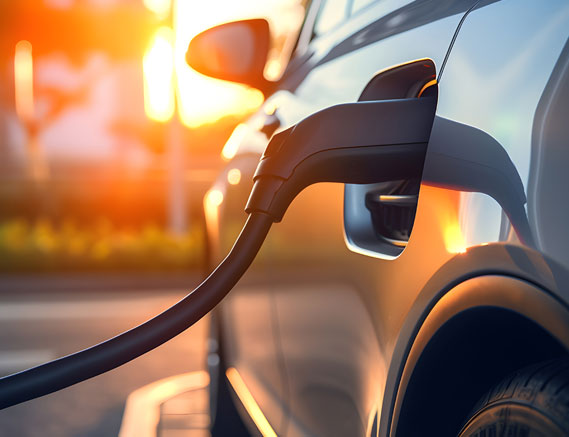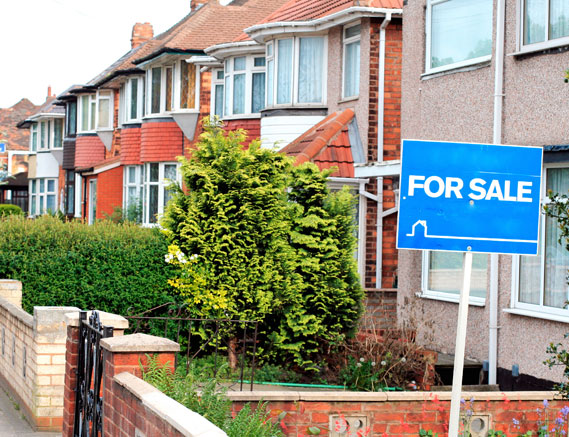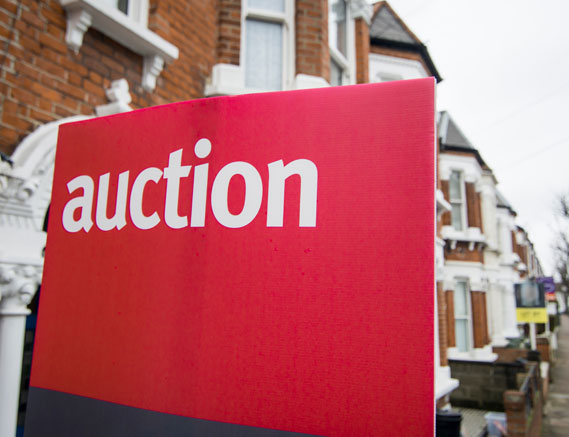Introduction
As of May 2025, the government has removed the requirement for most homeowners in England to seek planning permission before installing an electric vehicle (EV) charger on their driveway. The change is designed to make EV adoption easier and cheaper—but for some, legal questions still remain.
In this article we explain what the new rules mean—and when legal support might still be necessary.
What Has Changed?
Before May 2025, homeowners often had to apply for householder planning permission to install an EV charger, especially if:
- The charger was mounted on a wall facing the road
- The installation affected shared access or listed property
Under the new rules:
- You no longer need planning permission to install a single wall-mounted or pedestal EV charger on a domestic driveway
- The charger must not be more than 0.2 cubic metres in size
- It must be at least 2 metres from a public highway
This change applies only to houses—not flats or maisonettes.
Do You Still Need Legal Advice?
In many simple, freehold home scenarios, no legal advice is needed. But there are some important exceptions where legal guidance is recommended:
1. Leasehold Properties
If you live in a leasehold property (common with new builds), the freeholder may restrict what changes you can make—even on your own driveway. Check your lease carefully. Installing a charger without permission could put you in breach.
✅ Our team can review your lease and help you secure permission.
2. Shared Driveways or Access
If you share a driveway with a neighbour or have access rights across someone else’s land, installing a charger could trigger a legal dispute.
✅ We help resolve these issues and draft clear agreements when needed.
3. Conservation Areas & Listed Buildings
Even with the rule change, listed buildings or homes in conservation areas may still require consent—especially if the charger impacts the external appearance.
✅ We guide clients through the special permissions needed in these cases.
4. New Build Developments with Restrictive Covenants
Some housing estates impose covenants (rules in your title deeds) that restrict changes, including installing chargers or altering your property externally.
✅ We review your title deeds to clarify your rights.
🛠 What About Installation?
While the legal landscape is clearer, the charger must still be:
- Installed by a qualified electrician
- Compliant with Building Regulations
- Positioned safely and in accordance with Part P electrical safety standards
Some homes may also require a DNO (Distribution Network Operator) check if there’s not enough power supply available.
How Symes Bains Broomer Can Help
We help clients across Lincolnshire and beyond understand their property rights. Whether it’s:
- Reviewing your lease
- Checking title restrictions
- Resolving disputes with neighbours
- Liaising with freeholders
We make the process clear and stress-free.
Other Conveyancing-solicitors Articles

Lines open Monday to Friday, 9am to 5pm
















